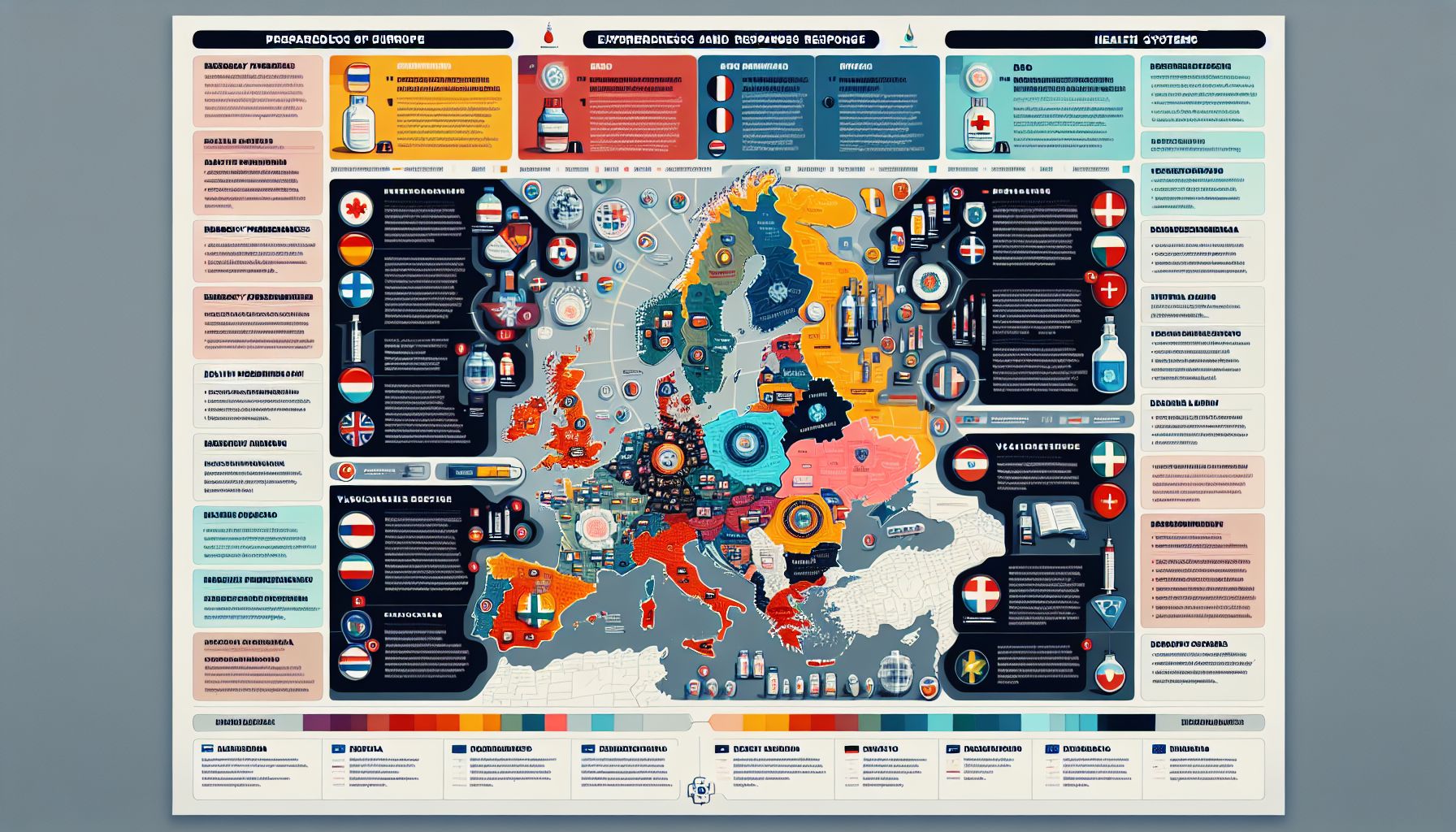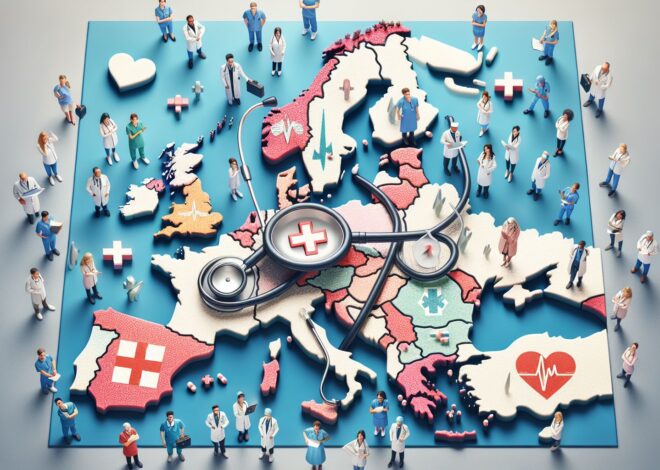
The Preparedness and Response of European Health Systems: A Closer Look
The outbreak of the COVID-19 pandemic has put European health systems to the ultimate test. Health professionals, policymakers, and concerned citizens have all played crucial roles in navigating the challenges that arose. In this blog post, we will explore the preparedness and response of European health systems, examining the measures taken by each group, and shedding light on the strengths and weaknesses observed.
Introduction
European health systems have long been regarded as some of the most advanced and comprehensive in the world. However, the unforeseen scale and impact of the COVID-19 pandemic strained even the most prepared of systems. While successful in some aspects, the outbreak exposed certain vulnerabilities that must be addressed for future preparedness.
The Role of Health Professionals
Frontline healthcare workers across Europe have displayed immense dedication and resilience throughout the crisis. From doctors and nurses to medical researchers and laboratory technicians, their tireless efforts in fighting the virus cannot be emphasized enough. These professionals played a pivotal role in managing the surge of patients, treating the infected, and conducting vital research to develop effective treatment protocols.
Moreover, European health professionals displayed exceptional adaptability, quickly adjusting to the changing needs of the crisis. They embraced telemedicine, conducting remote consultations to limit unnecessary exposure, and ensuring continuity of care for non-COVID patients. Their commitment and expertise truly proved essential during these trying times.
Policymakers and Their Response
Policymakers in European countries were faced with the immense task of navigating uncharted territory. Their response, a balancing act between public health and economic stability, varied across nations. Some countries implemented strict lockdown measures early on, whereas others relied more heavily on testing and contact tracing strategies.
One notable aspect of the European response was the collaboration and coordination among nations. Policymakers engaged in regular dialogue, sharing best practices and lessons learned. Additionally, European health systems benefitted from the knowledge gained by observing the experiences of other countries. This exchange of information and joint decision-making contributed to a more cohesive and efficient continental response.
Challenges and Lessons Learned
The challenges faced by European health systems during the pandemic were numerous. One key challenge was the strain on healthcare infrastructure, with hospitals becoming overwhelmed by the influx of patients. This highlighted the need for improved surge capacity, both in terms of hospital beds and critical care facilities. Addressing this issue will be crucial in future preparedness efforts.
Another area that called for attention was the insufficient stockpiling of personal protective equipment (PPE). European health systems faced shortages of masks, gloves, and other essential items, putting healthcare professionals at risk. Policymakers and health institutions must take stock of the lessons learned and ensure adequate reserves to protect both the frontline workers and the general population in similar crises.
Furthermore, the pandemic revealed the importance of robust testing and contact tracing capabilities. Countries that effectively controlled the spread of the virus relied on widespread testing, timely contact tracing, and isolation measures. Investing in these capacities will undoubtedly be a key component of future preparedness strategies.
Looking Ahead and Strengthening the System
As the pandemic persists, European health systems must address the weaknesses exposed during this crisis. Policymakers have an opportunity to implement evidence-based changes and invest in the necessary resources to prepare for a potential future resurgence of the virus or a new health threat.
Investments in healthcare infrastructure, with a focus on creating surge capacity and improving the distribution of resources, must be prioritized. Additionally, ensuring an adequate stockpile of essential supplies and strengthening the supply chain will be vital in responding to future pandemics effectively.
The collaboration and information-sharing observed among European countries during the pandemic should not be abandoned. Policymakers and health professionals must continue to engage in open dialogue, establishing standardized protocols and sharing best practices to ensure a coordinated response across the continent.
Concerned citizens too have a role to play in supporting the preparedness of European health systems. Following public health guidelines, practicing good hygiene, and getting vaccinated when eligible are essential steps individuals can take to protect themselves and their communities.
Conclusion
The COVID-19 pandemic has placed immense pressure on European health systems, prompting health professionals, policymakers, and concerned citizens to respond swiftly. While certain weaknesses were exposed, the crisis also showcased the resilience and adaptability of these systems. By learning from the challenges faced, implementing evidence-based changes, and strengthening collaboration, Europe can build more resilient health systems capable of effectively responding to future threats.



